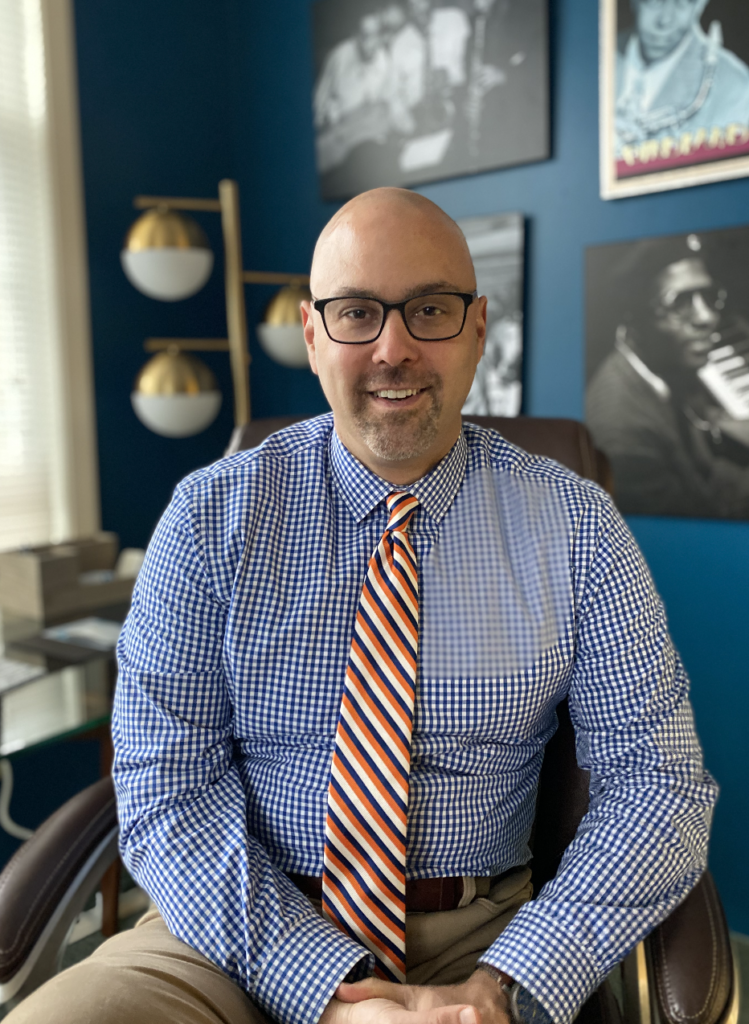Search Posts
Recent Posts
- Writer Herb Weiss’ 45 years of Advocacy on Aging now Archived at Rhode Island College Library Special Collection June 23, 2025
- Providence Biopharma, Ocean Biomedical, Notified of Termination of License Agreements with Brown University, RI Hospital June 23, 2025
- Networking Pick of the Week: Early Birds at the East Bay Chamber, Warren, RI June 23, 2025
- Business Monday: Dealing with Black and White Thinking – Mary T. O’Sullivan June 23, 2025
- Rhode Island Weather for June 23, 2025 – Jack Donnelly June 23, 2025
Categories
Subscribe!
Thanks for subscribing! Please check your email for further instructions.

Insomnia: Don’t lose sleep over it – Dr. Anthony Gallo
Dr. Anthony Gallo, founder, South County Psychiatry
As a psychiatrist, insomnia is one of the most common complaints that I deal with. It can be very frustrating to not be able to sleep, no matter how tired one is. Insomnia can be defined as difficulty initiating sleep, difficulty maintaining sleep, waking up too early, and in some cases, non-restorative or poor quality of sleep; in 2005, the NIH State-of-the-Science Conference concluded that approximately 10% of the population deals with insomnia to the point of impairment and about 6% of the population has these symptoms for a month or more. Women and older people are more likely to deal with insomnia, likely from a partial decline in functionality of sleep control systems. Chronic medical conditions, numerous psychiatric conditions, medications, and substance use can all contribute to insomnia; in addition, we often look at lifestyle factors including the temperature of the room, times of activity, noise, jet lag, and shift work.
The good news is that with some work, this is a very treatable condition. People often ask for medications; these certainly can be helpful, but we encourage these to be used in the short term only, mostly as a way to jump start the process of treatment, as people can become psychologically or physically dependent on some of these medications.
Common medications include over the counter meds such as Melatonin, diphenhydramine or doxylamine; antidepressants such as trazodone, doxepin, or mirtazapine, sedatives such as lorazepam, oxazepam, zaleplon or zolpidem; and newer drugs such as Belsomra and Quviviq. It needs to be clearly stated that none of these medications are not without potential side effects, some potentially lethal.
The way to really fix this condition long term is through behavioral changes. They include going to bed and getting up at the same time every day; going to bed only when sleepy; staying in bed no more than 20 minutes if you cannot sleep; no napping; only using the bed for sleep and sex; minimizing caffeine, alcohol, and exercise for hours before bed; keep the room cool, quiet, and dark.
I encourage my patients to also develop a pre-sleep ritual; get the house/room dark, no screen time, maybe a cup of tea or a shower. I will never forget the patient I had who complained to me about his insomnia; after I asked a few basic questions, I think we could pinpoint the issue as the horror films he was watching till 4 in the morning!
To learn these skills, the VA has excellent free handouts and an app on insomnia call the CBT-i coach; in addition, a particular type of psychotherapy, called cognitive-behavioral therapy for insomnia (CBT-i) can be done through the use of a manual, or an experienced therapist.
Insomnia has significant negative health consequences. Do not wait to start fixing this problem as soon as you can!
___

Anthony Gallo, MD is a native of Rhode Island. He is an alumnus of Providence College where he completed the honors program and graduated Magna Cum Laude with a Bachelors of Science in Biology. From there, he matriculated directly to Boston University School of Medicine, and stayed there for his residency at Boston Medical Center. Anthony Gallo, MD is a Diplomate of the American Board of Psychiatry and Neurology and is double-Boarded in Adult Psychiatry and Consultation-Liaison Psychiatry.
After finishing his residency, Anthony Gallo, MD worked in community hospitals in Massachusetts before returning to Rhode Island. In 2006, he joined the Psychiatry staff of Rhode Island Hospital / Lifespan where he stayed for over a decade. During that time, Anthony Gallo, MD worked in various services throughout the department, as well as consulting in different areas of the hospital and promoting numerous quality initiatives.
Anthony Gallo, MD founded South County Psychiatry to meet the need for quality mental health care in Rhode Island. He relaxes with cooking, listening to jazz, clay shooting, and spending time on the water with his wife, boys, and dog.



